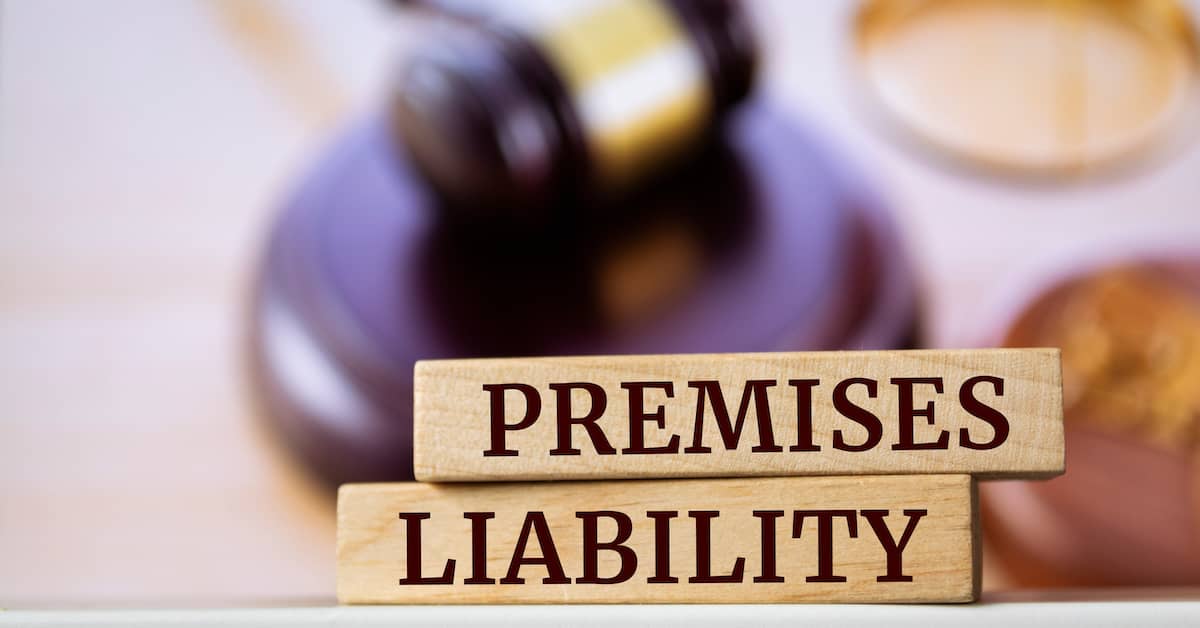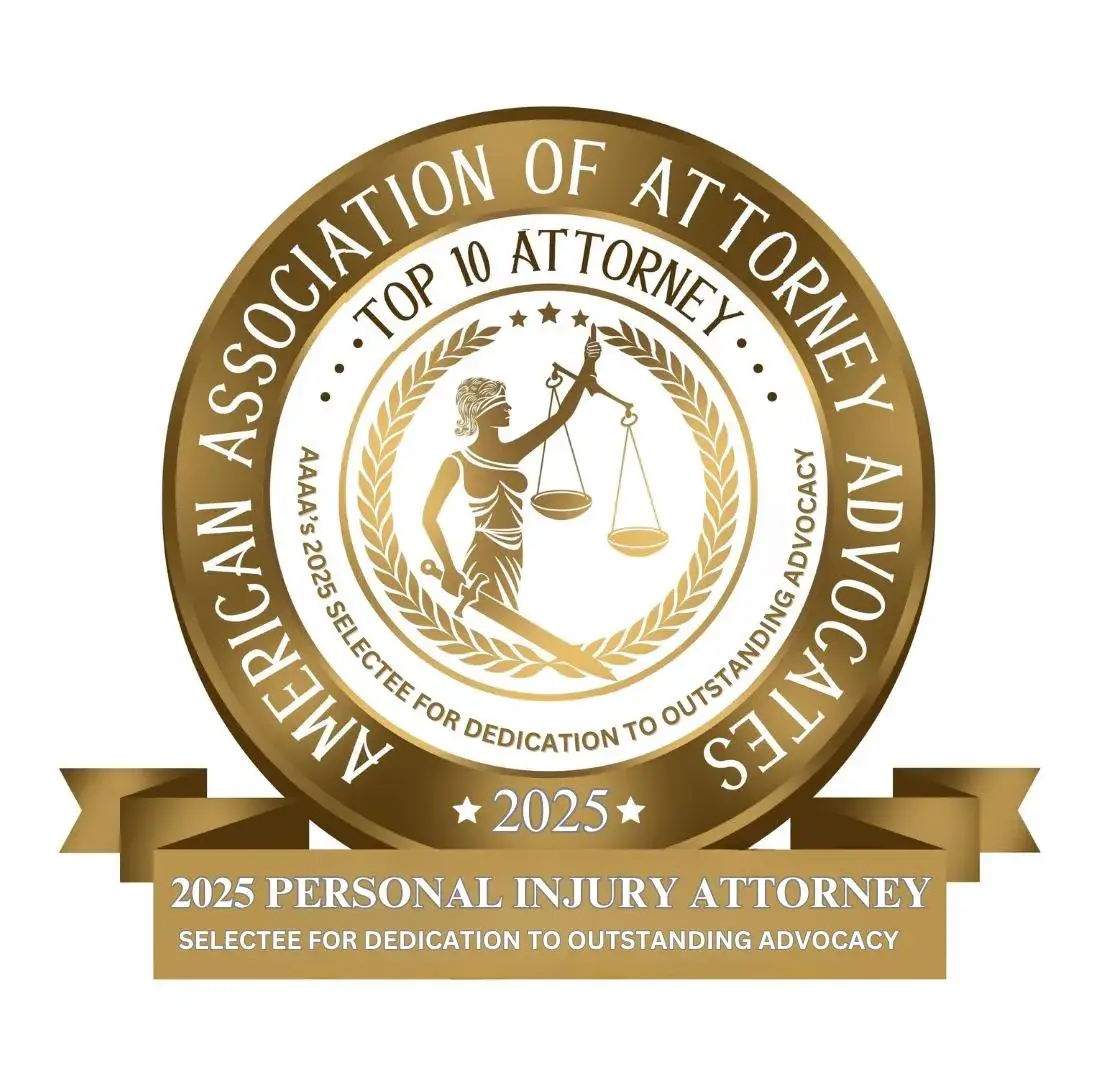
What Is the Auto Accident Statute of Limitations in New Jersey?
In New Jersey, the statute of limitations for filing a personal injury lawsuit after a car accident is generally two years from the date of the crash.
If you’ve been injured in a car accident, that time can pass more quickly than you think. Doctor visits, physical therapy, car repairs, time off work—it all adds up. And while healing physically and emotionally takes priority, it’s also crucial not to lose sight of your legal rights. If you wait too long to take action, you could lose the chance to recover the compensation you need to move forward.
Let’s walk through what this deadline means, why it matters, and what steps you can take to protect your rights.
Understanding the Statute of Limitations in New Jersey
The statute of limitations is a legal time limit. It sets a deadline for when you can file a lawsuit in civil court. In New Jersey, most personal injury claims, including those from car accidents, must be filed within two years of the date the injury occurred.
If you try to file your claim after that deadline, the court is almost certain to dismiss your case. That means you would be left with no legal recourse, regardless of how serious your injuries are or how clear the other driver’s fault may be.
This is why it’s so important to understand and act within this timeframe.
Why This Deadline Matters More Than You Think
When you’re hurt, stressed, or even grieving a loss, thinking about legal deadlines might feel like the last thing on your mind. That’s understandable.
But here’s why the statute of limitations is so critical:
- You need time to build your case. Even though two years might sound like a long time, building a strong personal injury case requires gathering medical records, reviewing police reports, speaking to witnesses, and sometimes hiring experts. All of this takes time.
- Evidence can disappear. Surveillance footage can be erased. Witnesses can become difficult to locate. Vehicle damage can be repaired. The sooner your case is investigated, the stronger the foundation will be.
- Insurance companies track these deadlines. Insurance carriers know the law. If they know you’ve run out the clock, they have no reason to negotiate fairly. Acting promptly protects your ability to recover the compensation you deserve.
Exceptions to the Rule: When the Clock Might Pause
While the general rule is two years, there are certain situations where the statute of limitations might be extended or “tolled.”
Here are a few exceptions that may apply:
1. Minors Involved in Accidents
If a child under the age of 18 is injured in a car accident, the statute of limitations doesn’t begin until they turn 18. This means they have until their 20th birthday to file a personal injury lawsuit.
However, claims for medical bills paid by parents (like emergency care or surgeries) must still be filed within two years of the accident, regardless of the child’s age.
2. Delayed Discovery of Injuries
Some injuries don’t show up right away. For example, traumatic brain injuries or internal damage might not be immediately diagnosed. In limited circumstances, if the injury was not and could not have reasonably been discovered right after the accident, the clock may start ticking from the “discovery date” instead of the accident date.
That said, these cases are rare and often challenged, so it’s still safest to act as early as possible.
3. Incapacitated Victims
If the accident victim is mentally or physically incapacitated and unable to file a lawsuit, the statute of limitations might be paused until they are legally deemed competent again.
4. Defendant’s Absence
If the defendant leaves New Jersey to avoid being served with a lawsuit, the time they spend out of state is not included in the calculation of the statute of limitations.
What Happens If Someone Dies in the Accident?
Tragically, not all car accidents end in survival. If you’ve lost a loved one due to injuries sustained in a crash, you may have grounds for a wrongful death claim.
In New Jersey, the statute of limitations for wrongful death lawsuits is also generally two years, but the countdown begins on the date of death, not necessarily the date of the accident.
Wrongful death claims are complex, involving unique rules about who can file and what damages may be recovered. But they are also essential in holding the responsible parties accountable and securing financial stability for grieving families.
Claims Against Government Entities: Shorter Deadlines Apply
If your accident involved a vehicle owned or operated by a government agency, such as a city bus, school vehicle, or municipal maintenance truck, your timeline may be drastically shorter.
Before you can even file a lawsuit, you must file a Notice of Claim against the government entity within 90 days of the incident. This notice must be submitted to the correct department, include specific details about the accident, and follow strict procedural rules.
If you fail to file this notice within the deadline, you may be permanently barred from suing the government, even if you’re seriously hurt.
When Should You Contact a Lawyer?
If you’re recovering from a car crash, dealing with insurance adjusters, missing work, and managing medical appointments, it might feel like too much to also think about lawyers and lawsuits.
But this is actually the ideal time to speak with a legal professional. Here’s why:
- You’ll get clarity on your deadlines. An experienced attorney will immediately determine when your statute of limitations runs out and help you act accordingly.
- You’ll get help preserving evidence. From witness statements to medical records to black box data from commercial vehicles, the sooner you act, the more evidence can be preserved.
- You’ll avoid costly mistakes. A single error in a claim form or a missed notice deadline can derail your entire case. Having someone experienced handle the legal side lets you focus on healing.
Understanding “No-Fault” Insurance in New Jersey
New Jersey is a no-fault state for car insurance. This means that after an accident, your own insurance company will typically pay for your medical expenses and lost wages, regardless of who was at fault, up to the limits of your Personal Injury Protection (PIP) coverage.
But no-fault insurance doesn’t mean you can’t sue. You can still file a personal injury lawsuit against the at-fault driver under certain circumstances, such as:
- You suffered serious injuries (like fractures, disfigurement, or permanent disability)
- Your medical bills exceed your PIP limits
- You opted for the “unlimited right to sue” option on your policy
This system makes it especially important to understand your insurance coverage and know your legal rights. Many accident victims don’t realize they can pursue a lawsuit until it’s too late.
What Damages Can You Recover in a Car Accident Lawsuit?
If you file your lawsuit on time and prove that the other driver was at fault, you may be entitled to a wide range of damages, including:
- Medical expenses – Hospital stays, surgeries, physical therapy, prescriptions, and any future care costs
- Lost income – Wages lost while you’re unable to work, including loss of future earning capacity
- Pain and suffering – Compensation for the physical and emotional toll of your injuries
- Loss of enjoyment of life – If your injury prevents you from enjoying daily activities, hobbies, or relationships
- Property damage – Repair or replacement of your vehicle and personal property
- Wrongful death damages – If you’ve lost a loved one, you may also recover funeral costs, loss of companionship, and financial support
Keep in mind: These damages are only available through a successful claim filed within the statute of limitations. Missing that window means missing your chance for justice and compensation.
What Should You Do After a Car Accident in New Jersey?
After an accident, there are simple, powerful steps you can take to protect your rights and start your journey toward recovery.
Here’s what you should prioritize:
1. Seek Medical Attention Immediately
Even if your injuries seem minor at first, don’t wait. Not only is prompt medical care essential for your health, but medical records also serve as critical evidence in your personal injury case. Waiting days or weeks can make it harder to link your injuries to the accident.
2. Report the Accident
In New Jersey, any accident involving injury or property damage exceeding $500 must be reported to the police. Make sure a police report is filed, and request a copy for your records.
3. Gather and Preserve Evidence
If you’re physically able, collect information at the scene:
- Photos of damage, road conditions, and injuries
- Contact info for the other driver(s)
- Witness names and phone numbers
- License plates and insurance information
If you’re too injured to do this, a family member or friend can help. A lawyer can also assist in obtaining video footage or tracking down witnesses later.
4. Avoid Giving Recorded Statements
Insurance adjusters may seem friendly and helpful, but their primary goal is to minimize payouts. Don’t give a recorded statement or sign anything without legal guidance. You could accidentally say something that hurts your case later.
5. Consult an Attorney Promptly
The earlier you get legal representation, the better. An attorney can ensure deadlines are met, evidence is preserved, and your case is built with care and precision.
The Legal Process: What to Expect If You File a Lawsuit
Taking legal action may sound intimidating, especially if you’ve never been involved in a lawsuit before. But having the right team by your side can make the process smooth, respectful, and empowering.
Here’s a simplified overview of how the process usually unfolds:
Step 1: Investigation and Case Building
Your lawyer will begin by:
- Reviewing your medical records and bills
- Analyzing the accident report
- Interviewing witnesses
- Gathering any surveillance footage or black box data
- Consulting with medical or accident reconstruction experts if needed
This groundwork strengthens your case and often leads to a favorable settlement without going to trial.
Step 2: Filing the Complaint
If a fair settlement isn’t possible early on, your attorney will file a formal complaint in civil court. This starts the legal process and puts the other party (the defendant) on notice.
Step 3: Discovery
Both sides exchange information and evidence. This may include depositions (formal interviews), interrogatories (written questions), and requests for documents.
Step 4: Negotiations and Mediation
Many cases are resolved through negotiation or mediation, where both parties try to reach a mutually agreeable resolution without trial. A seasoned attorney can advocate fiercely on your behalf to ensure any offer reflects the full extent of your damages.
Step 5: Trial (If Necessary)
If no agreement is reached, your case may go to trial. This is where having an experienced trial attorney truly matters. The courtroom is not a place for guesswork—it’s a place for preparation, poise, and deep legal knowledge.
How Long Will It Take to Resolve My Car Accident Case?
Every case is unique. Some settle in a few months; others may take a year or more, especially if your injuries are severe or liability is disputed.
While it’s natural to want a quick resolution, rushing the process can result in a lower settlement. Insurance companies may push early offers, hoping you’ll accept before you know the full extent of your injuries or long-term needs.
A good attorney will balance urgency with strategy, moving your case forward while ensuring you receive the maximum compensation available under the law.
What If I’ve Already Waited a While?
Maybe you’ve been focusing on recovery. Perhaps you assumed insurance would cover everything. Or maybe you just weren’t sure if your case was strong enough.
If time has passed since your accident and you’re worried about the statute of limitations, don’t panic. Speak to a lawyer as soon as possible to review your options. There may still be time to file your claim, and in some cases, exceptions might apply.
Waiting too long can severely limit your options, but reaching out now can make all the difference.
Why Compassionate Legal Help Matters
The truth is, not every law firm will treat your case with the care and dignity it deserves. Some firms take a “one-size-fits-all” approach, pushing quick settlements and moving on.
But you deserve more than that.
You deserve a legal team that listens to your story, understands your community, and fights for your future.
Whether you’re in Fort Lee, Hackensack, the Bronx, or the neighborhoods in between, our team at Maggiano, DiGirolamo & Lizzi, P.C. is here to stand with you. We understand that every community we serve is unique, just like every client.
Our attorneys bring more than a century of combined experience to your side, with a proven record of success in personal injury and truck accident litigation. We take on the most challenging cases, and we take them personally. That’s because we don’t just represent clients. We represent people. People who are hurting, uncertain, and need someone to stand beside them.
If you’ve been injured in a car accident in New Jersey, please don’t wait until the statute of limitations is about to expire. Whether your injuries are recent or you’ve been dealing with long-term consequences, we invite you to reach out and learn your legal options.
Contact us today at (201) 585-9111 or through our online form for a free consultation. You have nothing to lose by speaking with our team, and potentially everything to gain.



















